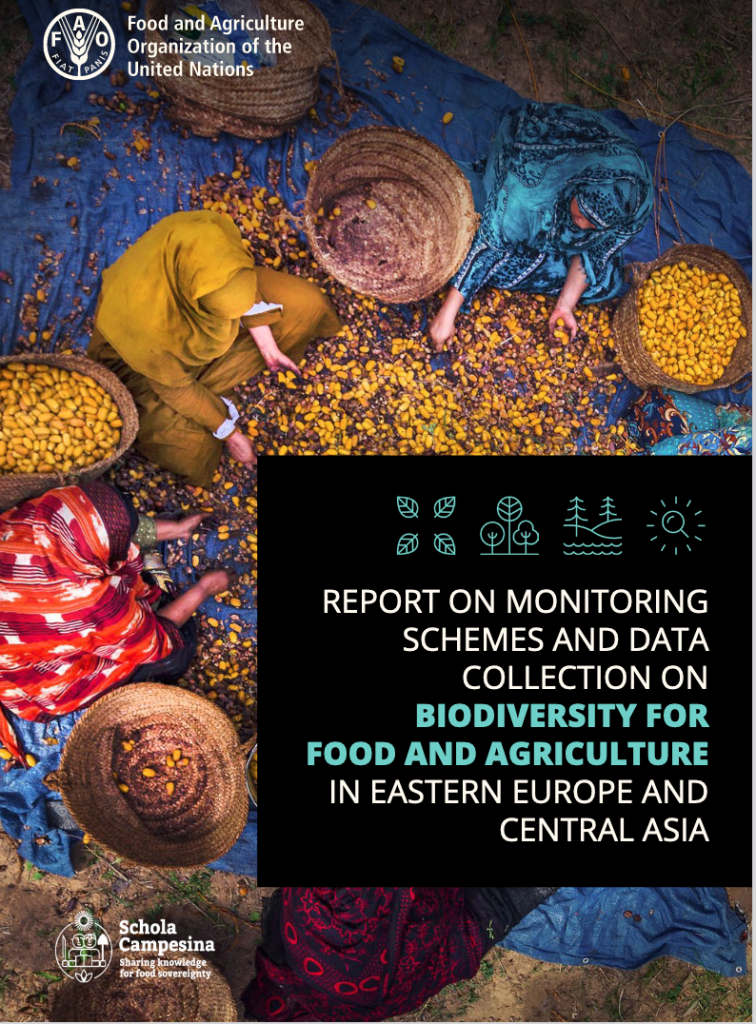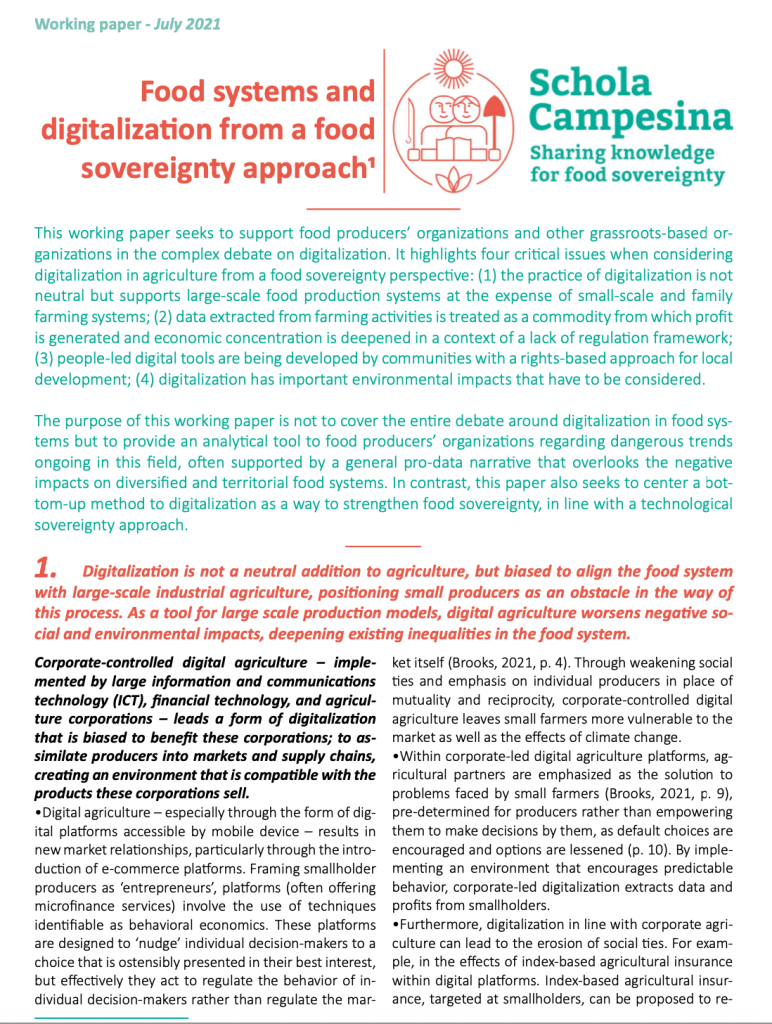Latest News
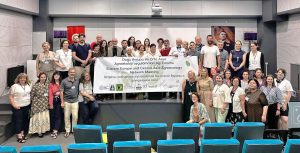
Форум сообщества агроэкологии Восточной Европы и Центральной Азии Билим
Форум сообщества агроэкологии Восточной Европы и Центральной Азии Билим состоялся с 10 по 14 июля 2023 г. в г. Бурса (муниципалитет Нилюфер, Турция). В форуме

Вебинар и Диалог: взгляд коренных народов на политику биоразнообразия и агроэкологию 25 МАЯ в 10.00 (CET)
Это последний вебинар из серии «Диалоги по четвергами на тему агроэкологических школ» перед летними каникулами, где мы исследуем и изучаем стратегии усиления агроэкологии в Европе
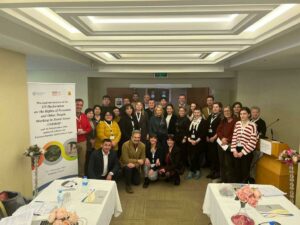
Внедрение UNDROP — Декларации ООН о правах крестьян и других лиц, работающих в сельских районах
Продовольственная и сельскохозяйственная организация Объединенных Наций Региональное отделение для Европы и Центральной Азии (FAO REU) совместно с ассоциацией Eco Ruralis из Румынии при поддержке
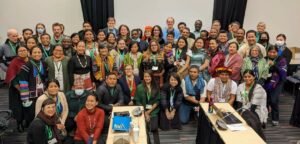
Коренные народы признаны мировым сообществом эффективными хранителями биоразнообразия
В Монреале, Канада, с 7 по 19 декабря прошла Конференция сторон Конвенции о биологическом разнообразии (СОР15), на которой свыше 190 государств достигли исторического соглашения о
Community of Practice on Agroecology
in Europe and Central Asia region
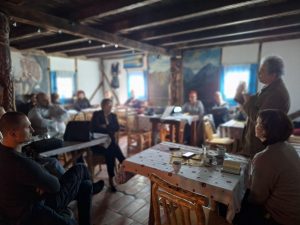
The workshop «Acceleration of agro-ecological transition of agricultural systems» and visit to Bosnia and Herzegovina and Serbia, March 20, 2024
The visit to Bosnia and Herzegovina and Serbia, organized by Bilim Alliance members Alica Foundation (Bosnia and Herzegovina) and Schola Campesina, was centered around the
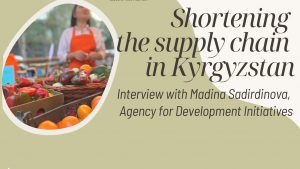
Shortening the Supply chain in Kyrgyzstan
«This is our idea in practice — giving full information to urban consumers and at the same time supporting small-scale farmers» — says Madina Sadirdinova
Recent publications
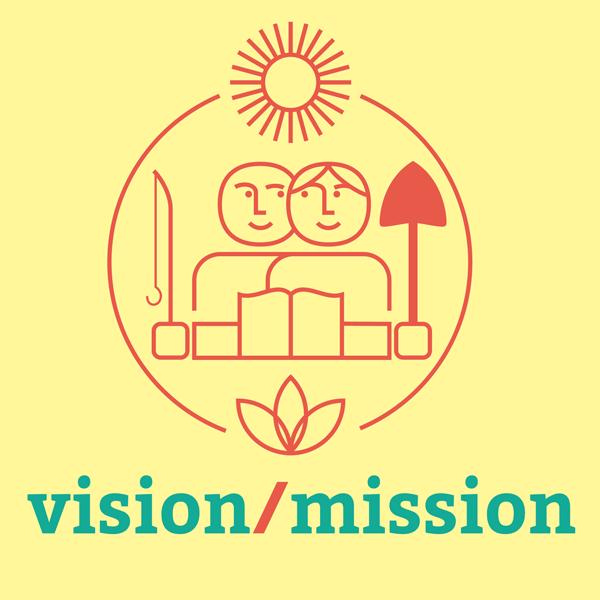
There are 1.5 billion peasant farmers and food producers in the world (the largest sector in the world) and they represent a pillar of economic democracy. Indeed, small-scale food producers make food and agriculture the unique sector of the economy which is not dominated by oligopolies (Internet is in the hands of 10 companies, the world energy market is possibly in the hands of 20, and most economic sectors are experiencing unprecedented concentration). Despite the large number of concentration processes currently ongoing, food and agriculture represents the only sector where there are still 1.5 billion food producers. Hence, a rights-based social and economic model built on a strong sector of food producers, peasant farmers, small-scale fishers and pastoralists, and not on the arrogant force of a few.
READ OUR VISION
Schola Campesina is an international Agroecology school, based in an italian biodistrict, seeking to strengthen food producers’ organizations worldwide in their struggle for Food sovereignty and Agroecology. Through knowledge sharing processes (trainings, videos, webinars, posts), we seek to facilitate the understanding of -and actions within- the global governance of food and agriculture (Rome process).
Based on Nyéléni International Forum for Agroecology (2015) and on the principles of Dialogo de saberes and Popular Education; Schola Campesina seeks to develop the dialogue among peasant, academical and activist knowledge.

